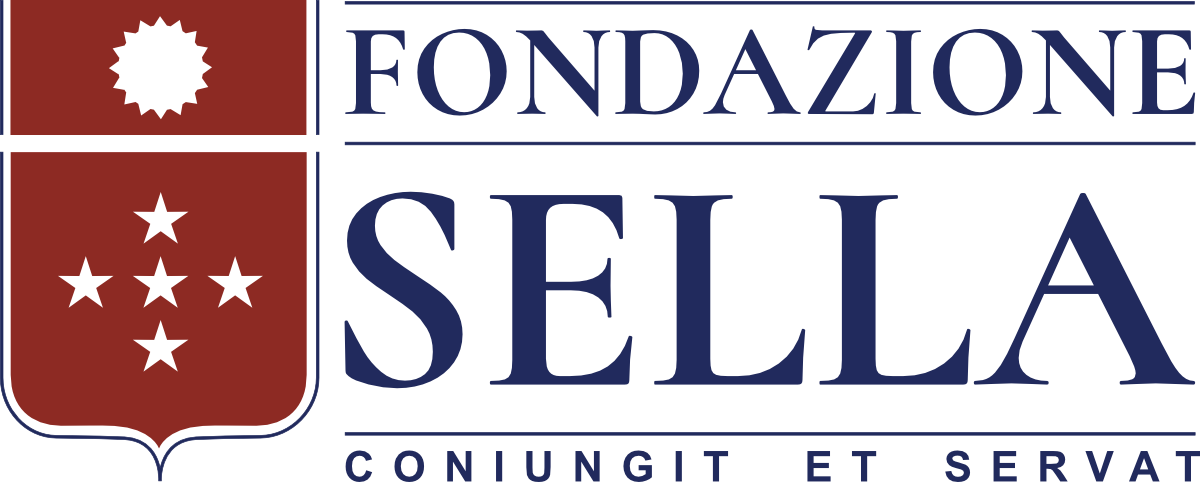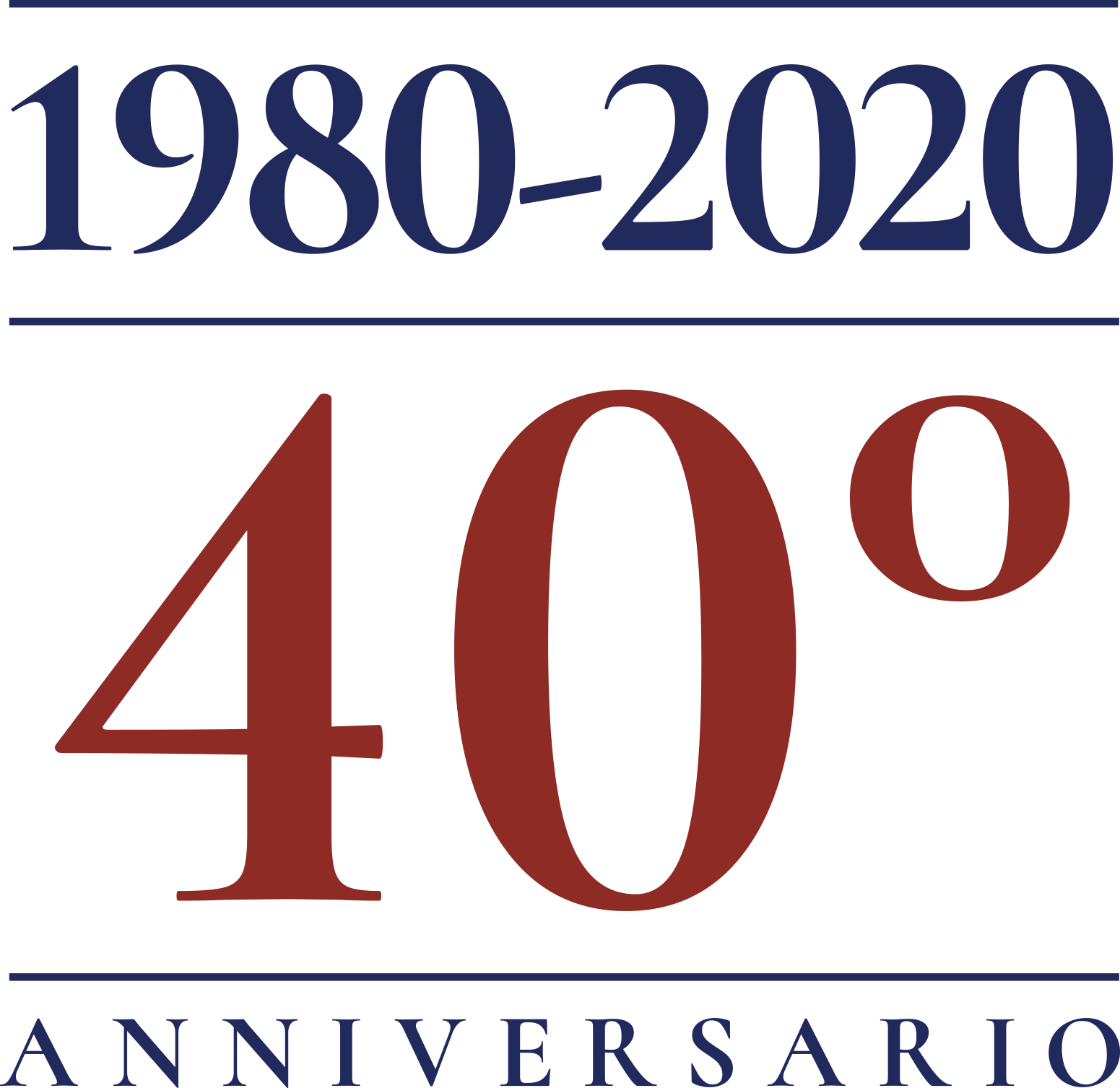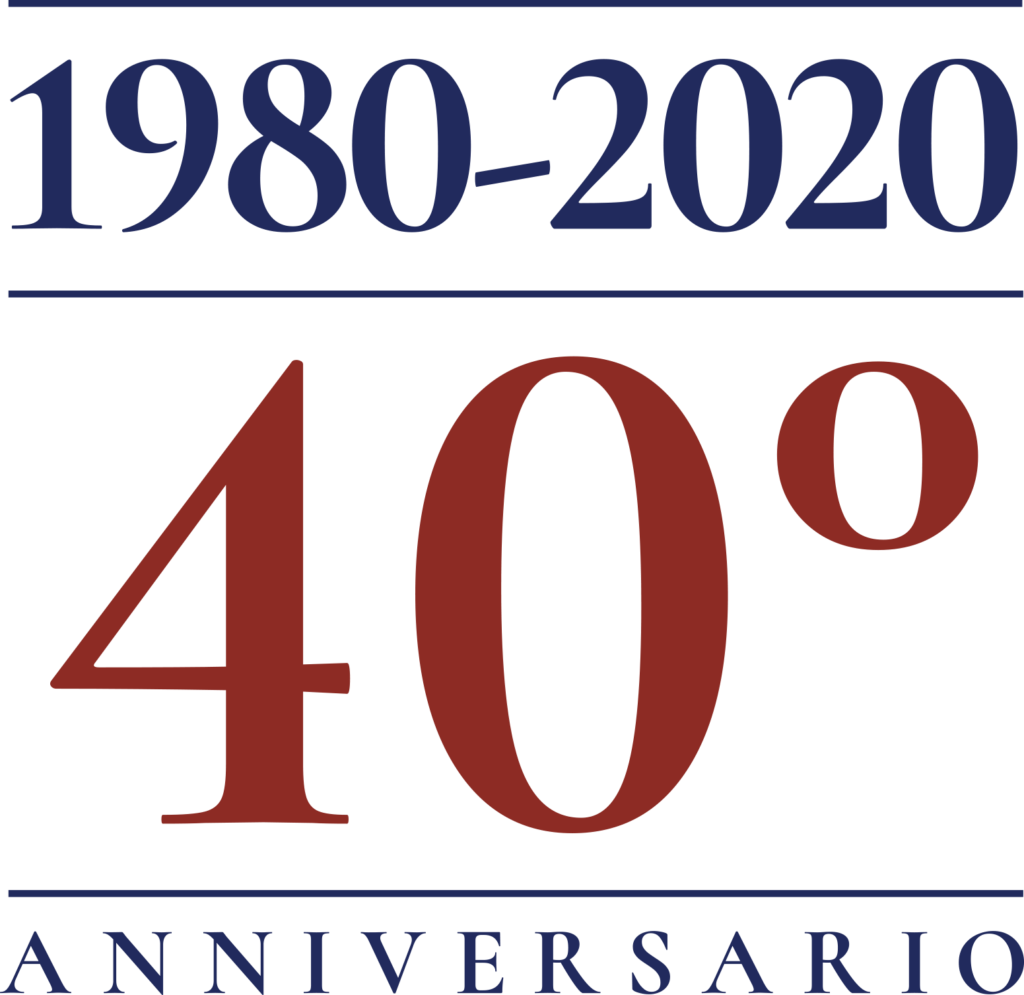Associazione dell’Industria Laniera Italiana
The collection preserves the archive of the first entrepreneurial association in Italy, promoted by Alessandro Rossi with the support of Quintino Sella and Luigi Luzzatti.
It was founded in Biella on 14 January 1877 and from 1887 published the periodical “Bollettino della Industria Laniera Italiana”, the official organ of the Association. In the Giolitti period the wool industry experienced considerable growth and numerous firms joined the Association.
The First World War represented a turning point in the history of the organisation: unusually, the Government delegated to the Association the task of managing the contracts for military supplies. In the years immediately after the war, the Italian wool industry was counted among the major wool industries in the world and the Association was one of the founders of the International Wool Federation.
However, during the years after the war a crisis was brewing: faced with a fragile political situation and economic difficulties, the Board of Directors was paralyzed by indecision. The obstacles to sales on foreign markets jeopardized the positions previously attained and the only proposal put forward by a group of firms was to reduce costs by cutting workers’ pay. This led to the foundation of the Fascist Trade Union of the Wool Industry in 1926. Its sphere of action extended beyond the limits of a trade union and in 1934 organisational reform gave the Federation full representation of the sector. The Association went into liquidation: it was not suppressed thanks to Raimondo Targetti who approved a new statute under the terms of which the Association became a secondary institute of the Federation. However, within a few years the situation was overturned as a result of the autarchic policy of the Government which introduced the curtailment of imports of raw wool imposing an obligation to use at least 20% of home-produced fibres in products for the domestic market. The outbreak of war heightened concerns for the future within the industry. The collapse of the regime and the German occupation of industrial plants in Northern Italy further aggravated the situation.
After the conflict the Wool Association regained its dynamism and worked for the reconstitution of the supplies of raw material of the associated firms.
In the Fifties the interests of the association were wide-ranging, but in particular it was involved with the project to create the European Common Market. The consolidation of sovereign powers was strengthened by agreements leading to the constitution in 1961 of Interlaine, an association that united the wool industries of the countries in the Community. Towards the end of the century the process of globalisation led to the creation of a single association of Italian textile industries and the Wool Association, whose main headquarters had been in Milan since 1984, closed its doors.
The collection is organised in 39 series: Foundation, Statute, Managing bodies; Members and capital shares; Letters received; Letter books; Records of Correspondence; Circulars; European Recovery Program (E.R.P.); United Relief and Rehabilitation Administrator (U.N.R.R.A.); Europeaan Organisation of Economic Cooperation (O.E.C.E.); Accounts; International Wool Federation; Legal and fiscal; Military supplies; Rugs and carpets Group; Customs and customs tariffs; Exhibitions, fairs, promotion; Technical Commission; Various Commissions; Foreign trade; Conditioning; Wools; C.E.E.- European Common Market; Rome office; Important papers; Federtessile; Comitato Intertessile; Interlaine; International Wool Secretariat; International Wool Study Group; Ente Moda Italiano; Publishing; Personnel; Usages and Customs; Labour and the wool trade union; Biella office; trademarks and patents ; Education; Photography; Various.
The library preserves the complete collection of the Bollettino della Laniera (1887-1984), its Supplemento Commerciale Settimanale (1926-1985), which later became Notiziario and was published until 1996, as well as numerous other Italian and foreign publications on the subject of wool.
The collection includes two important sub-series:
1 – Editoriale Laniera Società Anonima (E. L. S. A.)
The sub-series preserves the papers from 1934, the year in which the Wool Association became an independent publisher, to 1984.
The documents relate to accounting, advertisers and publicity.
One series contains the drafts and manuscripts of the articles and studies carried out by the E.L.S.A. and a copy of approximately 170 works on the subject of wool published during its operation.
The papers are divided into the following series: Foundation, minutes; Balances, accounts, book-keeping; Records of correspondence; Letters received; Letter book registers; Offices, personnel, collaborators; Publications; Subscriptions; “Small Ads” section; Wool quotation graphs; Advertisers and advertising; Sales invoices and advertiser payments.
2 – Federazione Nazionale dell’Industria Laniera Italiana
Just after the war the Association of the Italian Wool Industry was severely affected by the difficult socio-economic problems of the time. In an attempt to combat the decrease in exports, a group of entrepreneurs decided to cut the costs of manufacturing by reducing workers’ pay and in 1926 founded the Trade Union Federation (National from 1934) of the Italian Wool Industry.
This soon became the representative organ of the entire wool sector.
The Federation was dissolved by the Government in 1945.
The sub-series preserves papers from 1925 to 1945 relative to the stipulation of contracts with the fascist trade unions of the wool industry and papers connected with the management of the distribution both of raw material on account of the curtailment imposed by the government in 1934, and of military supplies during the Second World War.
The papers are organised in the following series: Statute, minutes books, capital shares; Letters; Letter books and records of correspondence; Circulars; Important papers; Trade Union; Curtailment; Military supplies; Foreign trade; Book-keeping; Personnel.
Documentary archive
Chronological details: 1876 – 1993
Contents: 3040 bundles


